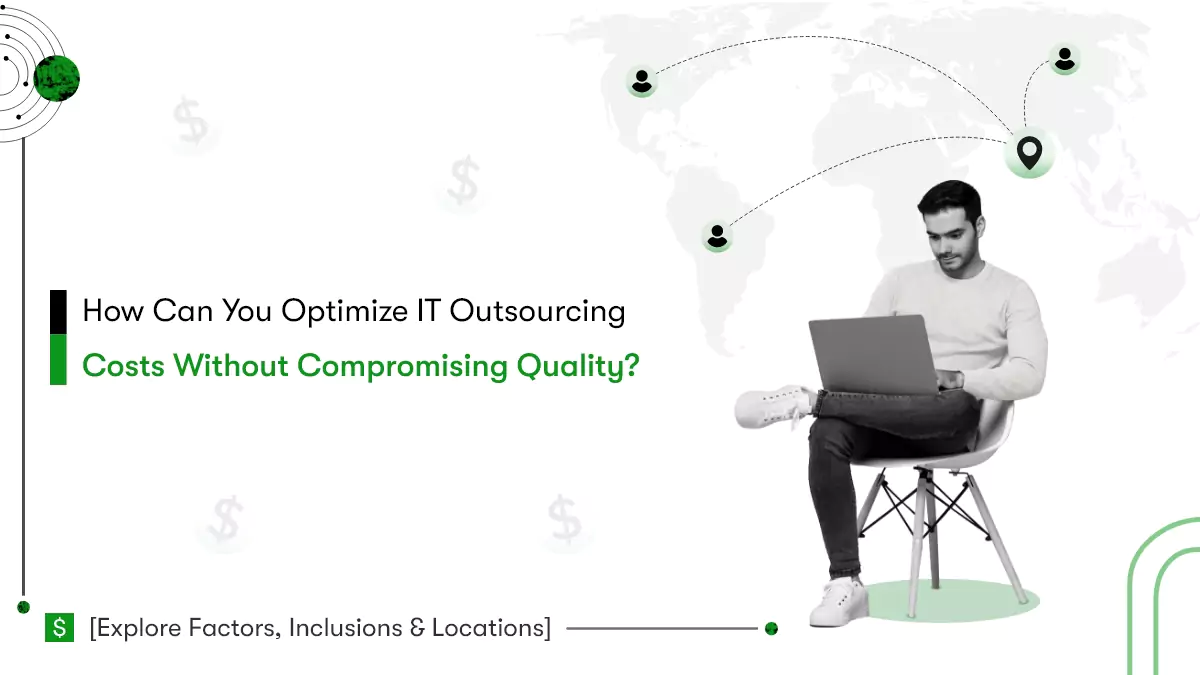An entrepreneur without funding is a musician without an instrument
— Robert A. Rice Jr.
The above quote is accurate to an extent. No matter how innovative and unique your idea might be, it’s tough to execute without adequate funding. From a supermarket, on-demand delivery to Software as a Service (SaaS) products/services, funding is essential for small to big businesses. To rent an office, build product prototypes, launch websites, and get the company off the ground, entrepreneurs seek money from investors.
Talking about the current startup funding scenario, challenges have increased for startup business funding after the economic downturn caused by the pandemic. Plus, finding funding for small business startups has always been a hard nut to crack. You have to convince investors that your idea is better than others without having a business track record.
In that condition, the COVID-19 crisis adds salt to injury. I read in a report, over 100,000 small businesses had to shut permanently after the pandemic surged in March 2020. Jeez! It has resulted in fear in entrepreneurs staking their personal savings on a new business idea.
However, if you are someone with healthy savings and a strong business idea, you can beat the crisis recession. Nonetheless, to expand geographically, develop new products, and carry out comprehensive marketing campaigns, you need to choose the right financing option. Under that circumstance, how you get funding for your startup decides the business growth. According to a survey conducted by Clutch to determine the top startup funding sources:
- Around 57% of young entrepreneurs used their savings to launch their first official venture. They say the personal investment is the first source of capital for their startups during the first 3 months.
- In addition to personal savings, 19% of founders invest from friends or family, and 13% obtain money from credit cards to start a business.
- After 3 months, 12% of small business owners take out startup business loans.
- Since most entrepreneurs rely on self-funding at the early stages, over two-third of founders (69%) are able to secure adequate funds in the business’s first 6 months.
- 64% of founders feel uncomfortable asking family or friends for a startup loan as there’s a risk of personal relationships if a business doesn’t succeed.
Alternative to personal and family or friends funding, an Angel investor can be a good source for financing your startup. You must be wondering I didn’t mention funding from venture capitalists yet. So the thing is, less than a percentage of small businesses, about 0.05%, could raise startup venture capital.
Yes, it’s the bitterest truth. VC firms rarely invest in small businesses. If you want to raise startup capital through a funding series, you need a concrete business plan, comprehensive budget projection, and a stellar pitch. Attracting VC stakeholders is not the only challenge. Entrepreneurs face many challenges during the startup funding stages. And we are discussing the 5 most common obstacles a startup encounters in finding funding.
Don’t have a startup idea already? Try out this list!
5 Extreme Funding Challenges For Startups To Conquer
1. Keeping scope for scalability in the business model
Small business administrations often face difficulties attracting investors as they cannot communicate how they will scale their business. Investors will want to know how you take your startup to the next level using their money. And how they will get the return on their investment.
For that, you need a business model that increases profits without raising costs at a similar or higher rate. If your business results in an extension of time, money, & resources, stakeholders are less likely to open their gates. Here’s how you can make your business model scalable and attractive for investors.
- Examine your process and scale smart by working “hands-on” only on your core competencies.
- Outsource non-strategic tasks to minimize expenses, for example, using automation rather than having in-house labors where you can.
- Identify and remove roadblocks to organizational growth.
- Strive for continuous improvement and build an open-ended strategy
2. Figuring how much funds to raise
To successfully help with startup funding, we need to invest more than money
— Meg Fornataro
Seeking funds from angel investors or a bank loan, first, you must know how much finance you need for the business. More is not always good. More funding means more liability for your startup.
- Write a business plan — Write a business plan including a realistic financial projection. Pan down expenses the loan or investment will cover and how much return it will generate. Ensure to justify each financial need in the business plan.
- Set milestones — Planning fancy furniture or unwanted automation won’t please your investors. Instead, you need to showcase how you will spend their money to grow your startup. Be specific and create measurable milestones, like achieve a particular market share.
- Positive cash flow — Creating a financial model is critical for startups striving for expansion. The model demonstrates the cash flow how you spend on training, production, marketing, etc. It’s crucial to align the funding request with your cash flow.
3. Understanding the fundamentals of funding
A business from scratch lives through different phases of development. Funding options vary depending on each stage of the business lifecycle. For example, funding in the seed phase is used in market research and product development to attract additional investors. Whereas, during exponential business growth, you need additional finance to keep up with the demands. And venture capital financing comes into the picture when the business reaches maturity and strives for competitor acquisitions, mergers, or initial public offerings- IPO.
Understanding the funding series is vital for a startup looking for significant expansion and growth. The funding stages are as follows, and you can read up on various funding rounds here.
- Pre-seed
- Seed
- Angel Funding
- Accelerators & incubators
- Venture capital
4. Choosing The Right Source For Funding
When looking for funding, don’t just look for cash. Look for the right people
— Jodie Fox
Finding the right source for startup funding is complicated. As mentioned earlier, during the initial stage, young entrepreneurs prefer personal investment. However, when business grows, financial requirements also increase. Consequently, you might need more than one option to fund your business venture. However, investment terms matter the most. For example, sourcing money from Angel investors compromises a part of the ownership in exchange for funds.
Every source has its own limitations, processes, and challenges. Thus, only if you know what potential financing options are can you choose the most suitable. We can divide funding options into two categories:
Bootstrapping
- Your savings and income
- Business loans from personal financier
- Business credit cards
Additional sources of funding
- Small Business Administration Loans from bank
- Angel investors
- Venture capital
- Crowdfunding
Wondering how to raise money for your mobile app startup
5. Spending The Funds Wisely
Do not save what is left after spending, but spend what is left after saving
—Warren Buffett
When you take investment, you become accountable to your funders to spend their fund as you said you would. You need to be transparent if you plan to change course. Investors don’t fund your startup to have luxurious furniture or infrastructure. They want your business to grow and gain a high-profit margin so that they can receive more profits.
- Stand by the business growth plan
- Spend mindfully on what is essential for the business
- Keep it transparent with your investors
Bottom Line
There is a lot to learn from these common funding challenges for startups. Venture Capitalists tend to take fewer risks on small and brand new businesses. Consequently, startup entrepreneurs rely on personal savings and network loans to bootstrap their ventures for initial demonstrable achievements.
However, to find funding through various sources, you have to overcome the mentioned hurdles. Hope this post helps you sail through your startup funding easily.












 Contact Information
Contact Information